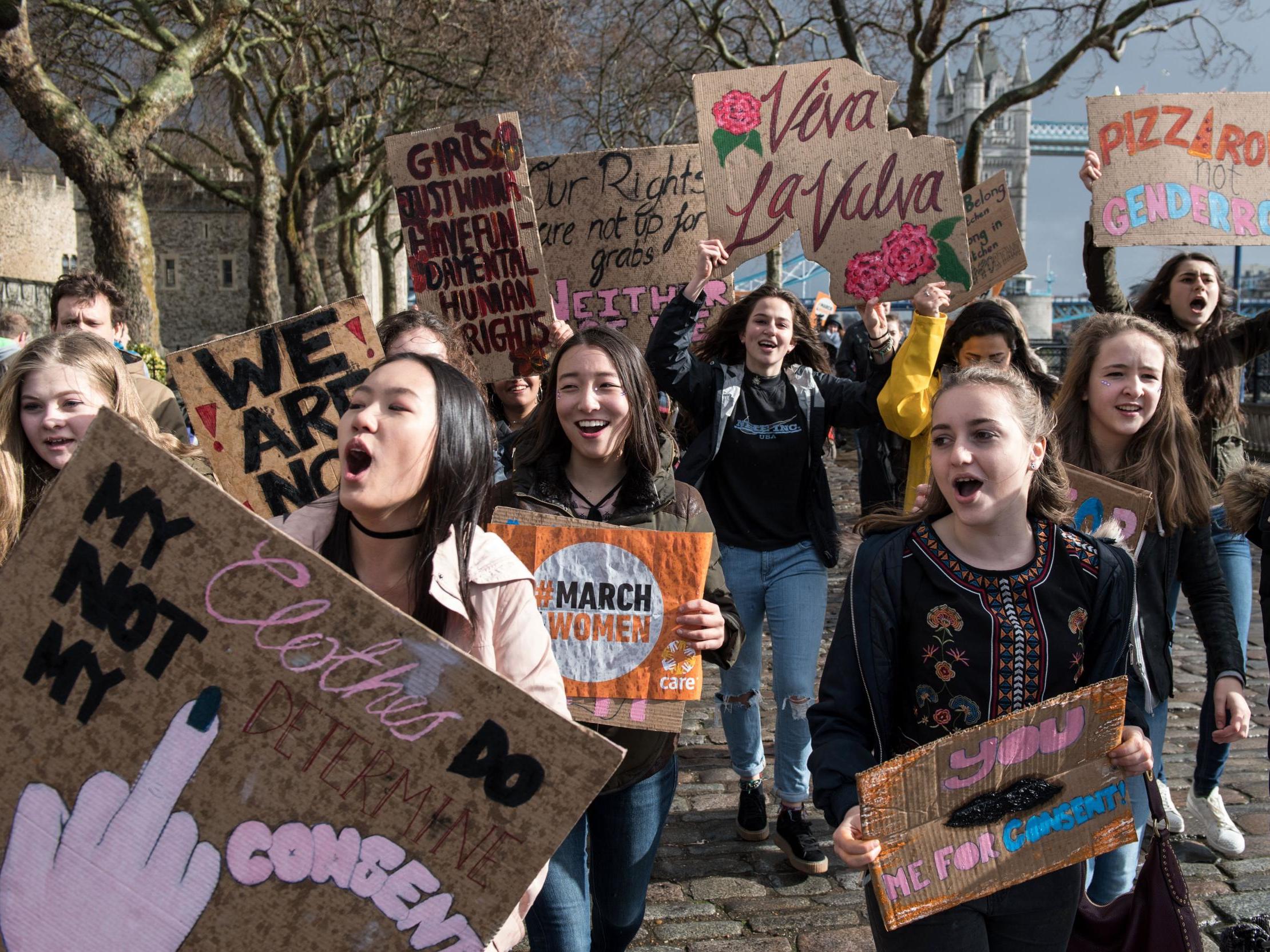Coronavirus rolling back decades of ‘fragile progress’ for women, warns UN chief
‘Pandemic is exposing and exacerbating the considerable hurdles women face in achieving their rights and fulfilling their potential,’ says Antonio Guterres

Coronavirus has rolled back decades of “fragile progress” for women and the damage could take generations to recover from, a United Nations chief has warned.
Antonio Guterres, the UN Secretary General, said enduring inequalities and prejudices mean women have not received the recognition they deserve for playing a critical role on the front lines of the pandemic as key workers, as well as taking on additional caring duties in the home.
Mr Guterres noted that while 70 to 90 per cent of healthcare workers are women, only 30 per cent are in senior decision-making positions.
“Without a concerned response, we risk losing a generation or more of gains”, Mr Guterres told thousands of women from civil society organisations at a virtual town hall meeting on Monday.
He added: “In short, the pandemic is exposing and exacerbating the considerable hurdles women face in achieving their rights and fulfilling their potential.”
Mr Guterres said lockdown measures introduced to curb the spread of coronavirus have triggered “disturbing reports from around the world of skyrocketing levels of gender-based violence, as many women are effectively confined with their abusers, while resources and support services are redirected”.
The UN chief added: “Today, millions of teenage girls around the world are out of school, and there are alarming reports of an increase in teenage pregnancies in some countries. We know from the Ebola outbreak in West Africa that when teenage girls leave school, they may never return.”
He noted many women working in precarious zero-hour contract roles are now facing economic insecurity in the wake of the public health emergency.
Mr Guterres applauded female leaders and health workers for their role in fighting the coronavirus crisis as he called for more women to be placed in senior positions.
It comes after a recent report suggested the coronavirus outbreak is driving gender inequality, with women almost twice as likely as men to have lost their job during the global health emergency.
Researchers at the University of Exeter’s Business School discovered 7 per cent of women had been made redundant during the lockdown in comparison to 4 per cent of men.
The report, which polled 1,500 people and was released in July, found women were more likely to have seen their working hours reduced during the coronavirus crisis while simultaneously taking on more childcare responsibilities, housework and homeschooling than men.
Join our commenting forum
Join thought-provoking conversations, follow other Independent readers and see their replies
Comments